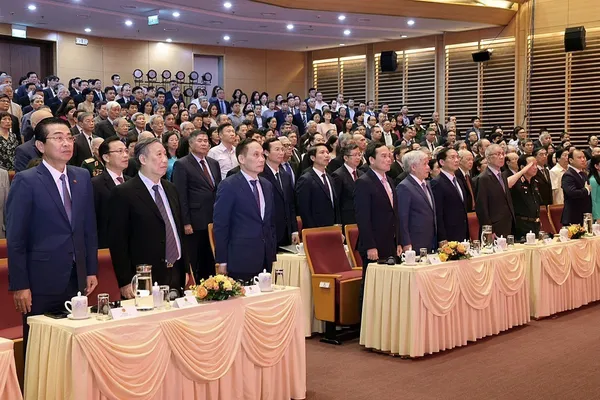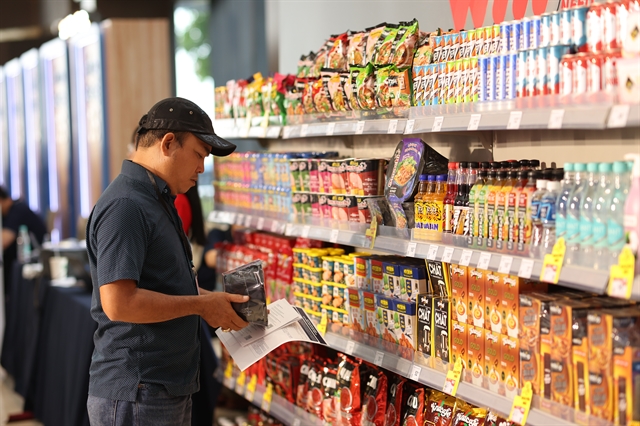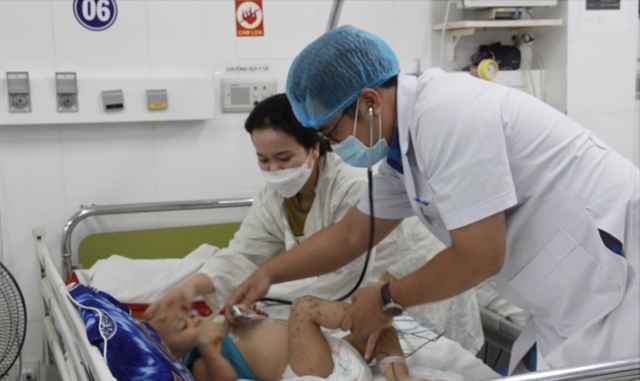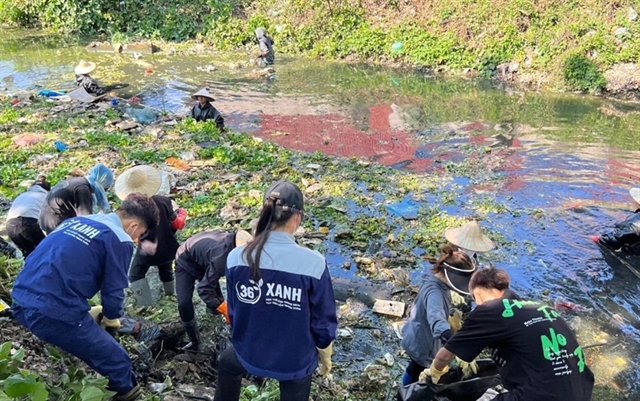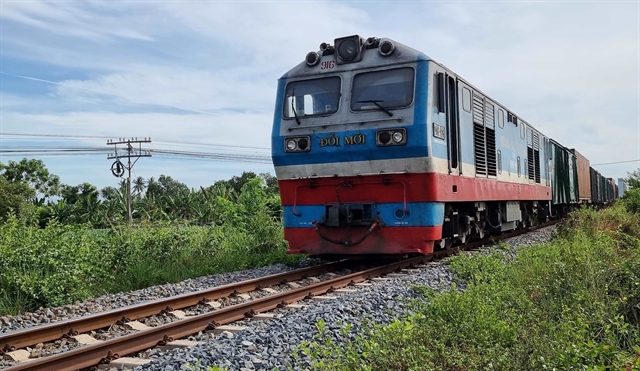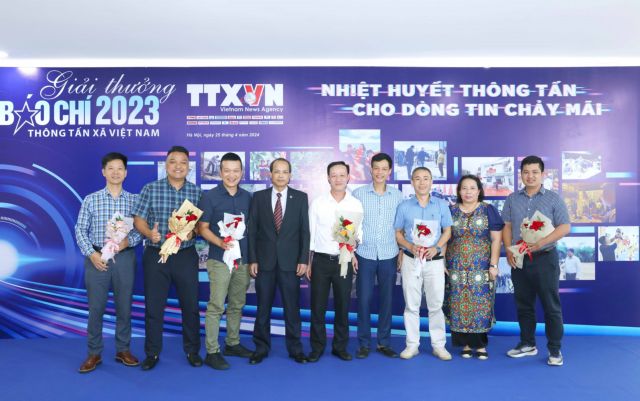 Society
Society
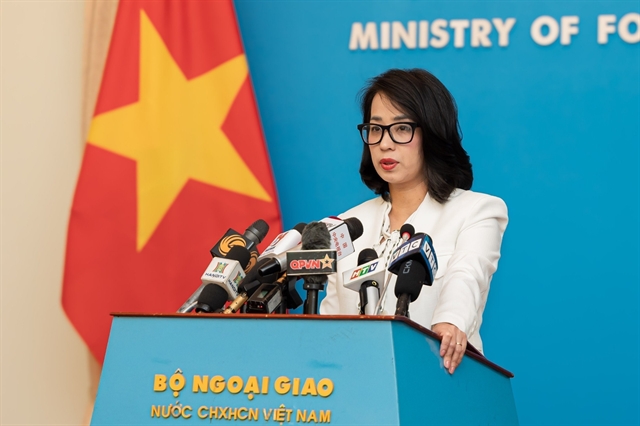
A workshop was held on 15th November 2019 to mark the inception of a project between the Centre for Agrarian Systems Research and Development (CASRAD) and the International Fund for Agriculture Development (IFAD) aiming to expand climate-resilient chain value initiatives.
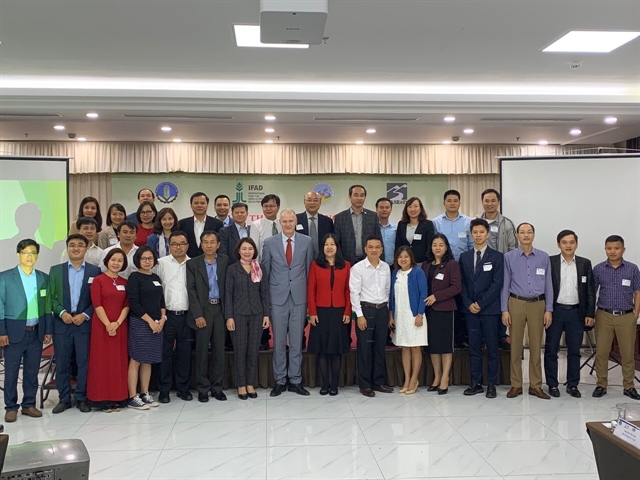
|
| Thomas Rath, Country Director of International Fund for Agriculture Development in Việt Nam, and representatives from four countries - Laos, Cambodia, China, and Việt Nam, including representatives from six Vietnamese provinces who have taken part in IFAD projects, took part in last week workshop to mark the inception of a project between Việt Nam and IFAD aiming to expand climate-resilient chain value initiatives. — Photo courtesy of the Centre for Agrarian Systems Research and Development (CASRAD) |
HÀ NỘI — A workshop was held on 15th November 2019 to mark the inception of a project between the Centre for Agrarian Systems Research and Development (CASRAD) and the International Fund for Agriculture Development (IFAD) aiming to expand climate-resilient chain value initiatives.
The project, which will be implemented by CASRAD under the Việt Nam Ministry of Agriculture and Rural Development with funding from the IFAD, is part of the South-South co-operation framework that will see the participation of China, Laos, Cambodia and Việt Nam.
The main purpose of the project is to facilitate a systematic exchange and learning platform between the countries based on a consistent approach to issues regarding climate-resilient value chain innitiatives, with more engagement from small-holding farmers, cooperating groups, cooperatives, processing units and agri-business enterprises.
The project, led by Dr Hoàng Xuân Trường from CASRAD, is slated to start in November and run for two years (from 2019 to 2021).
After the workshop, a training of trainers course was held in the northern mountainous province of Hà Giang – which has had 10 years of experience in implementing IFAD projects and has obtained valuable lessons on developing and organising agriculture production in association with value chains and brands development.
The South-South cooperation for scaling up climate-resilient value chain innitiatives sets overall targets for consolidating the competitiveness of agricultural value chains via the promotion of ties between cooperatives and businesses with pronounced involvement of farming households; improving farming households and businesses’ awareness and capacity on climate-resilient production practices; enhancing the capacity of processing units through the dissemination of technologies that can adapt to climate change; strengthening market access via the building of a planting area code, standards and traceability system, and packaging designs for cooperatives and agri-business enterprises; and sellection of best practices on climate-resilient value chains to disseminate and replicate within Việt Nam and other countries, in order to boost co-operation and links between regions and countries.
For more concrete deliverables, the project wants to see at least 20 climate smart agricultural production practices, 20 climate tolerent processing and preservation technologies, and 20 agri-business enterprise with climate smart eliments in four countries: Viet Nam, Laos PDR, Cambodia, and China. These practices and technologies wil be diseminated and replicated among four countries until the project concludes in 2021.
This project also seeks to improve climate resilience awareness among more than 1,000 farmers and many other officials in four countries, and equip processing units or agro-businesses with experience and knowledge from successful climate-resilient value chain examples.
Good practices and technologies that are considered the best will be documented in books, pamphlets, videos and posters to spread the word and enable others to follow, especially in localities where IFAD projects are being conducted. — VNS

